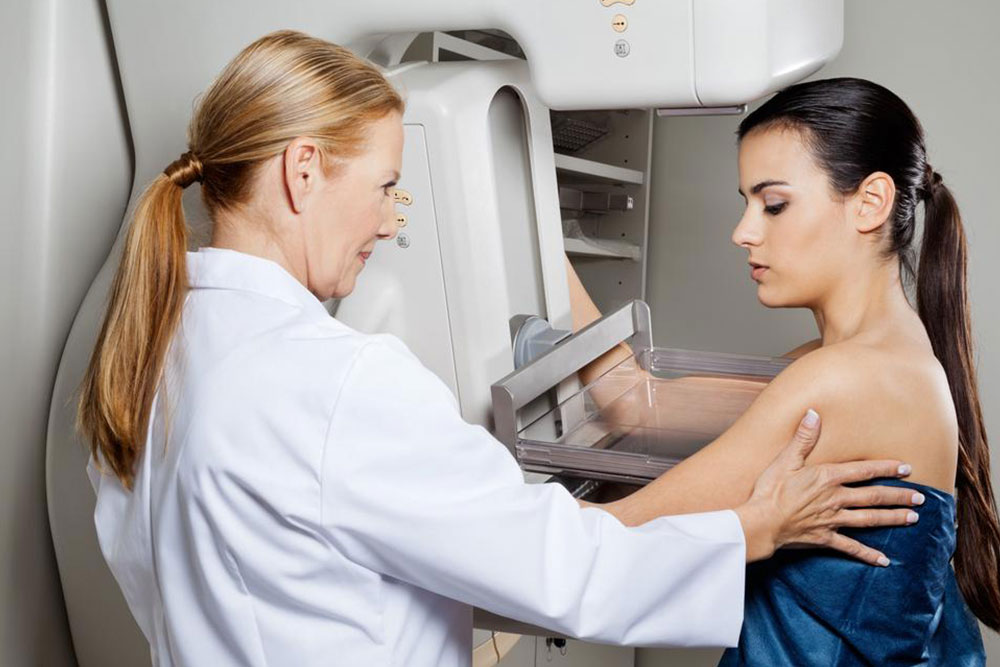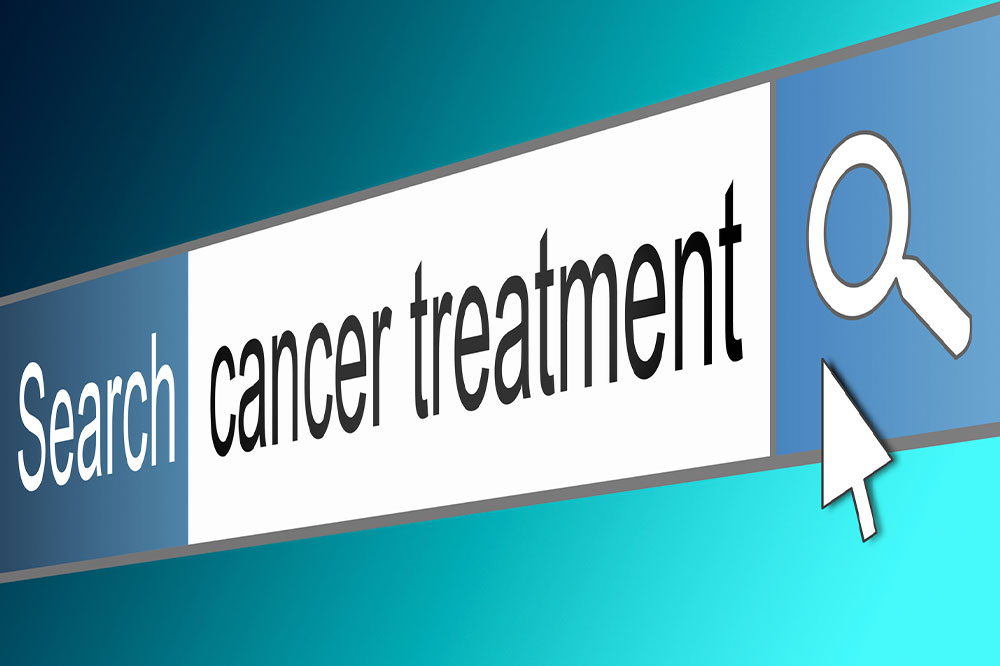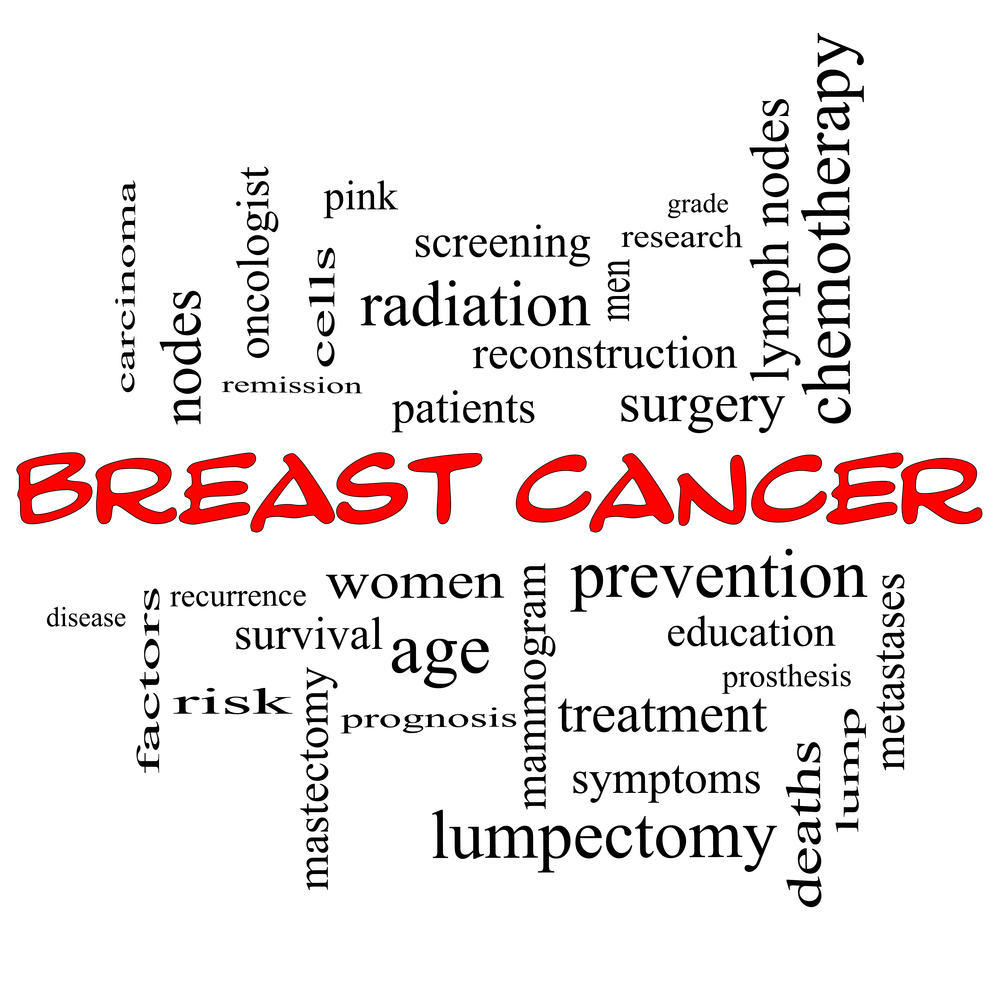Top 4 Treatments for HER2-Positive Breast Cancer
Discover four effective strategies for managing HER2-positive breast cancer, including nutrition, exercise, therapy, and medical treatments like chemotherapy. Early detection and targeted approaches significantly improve outcomes. This comprehensive overview highlights how lifestyle modifications and medical interventions can help control this aggressive cancer subtype, supporting both physical and emotional health during treatment.

Top 4 Approaches for Managing HER2-Positive Breast Cancer
Advancements in medical research and technology continue to improve outcomes worldwide, yet certain diseases like cancer still pose significant challenges. Cancer remains a leading cause of death, often due to late detection or lack of a definitive cure. If diagnosed early, many cancers can be effectively managed, but delays can be fatal. Among women, breast cancer is the most common, with HER2-positive subtype being particularly aggressive. Understanding this form is essential for effective treatment strategies.
HER2-positive breast cancer involves an overexpression of the HER2 protein, which promotes rapid tumor growth. This subtype is more aggressive than HER2-negative types and requires specialized treatment. Early detection significantly improves prognosis, making awareness and screening critical.
While HER2-positive breast cancer can be serious, targeted treatments can effectively control its progression. Proper nutritional habits support overall health during therapy. Incorporating fiber-rich, plant-based foods—including fruits, vegetables, nuts, and legumes—is recommended. Regular intake of cruciferous vegetables like broccoli and cauliflower, as well as omega-rich options such as salmon and sardines, can enhance recovery.
In addition to diet, maintaining an active lifestyle through gentle exercise routines like yoga or tai chi can help improve physical and emotional well-being. These activities should be comfortable and stress-free, tailored to individual capabilities.
Psychological support plays a vital role. Counseling and support groups provide emotional comfort and help manage stress related to diagnosis and treatment. Healthcare providers can guide patients to reputable mental health resources.
Among medical options, chemotherapy remains a primary treatment modality. It rapidly reduces tumor size and decreases the chance of recurrence, making it a popular choice for managing HER2-positive breast cancer.










